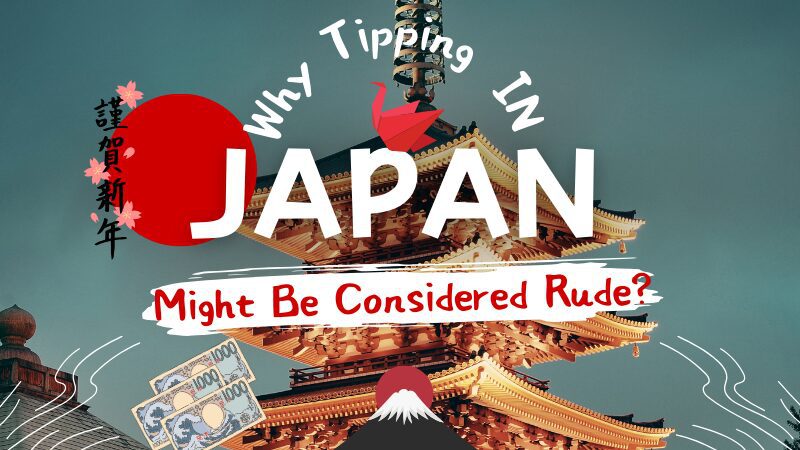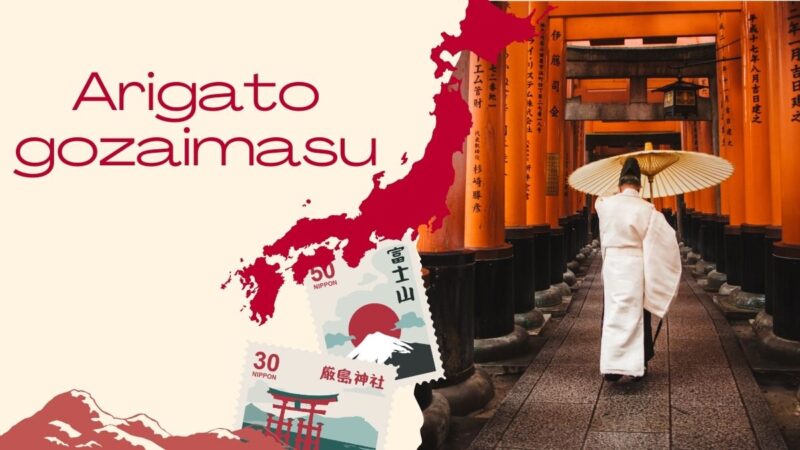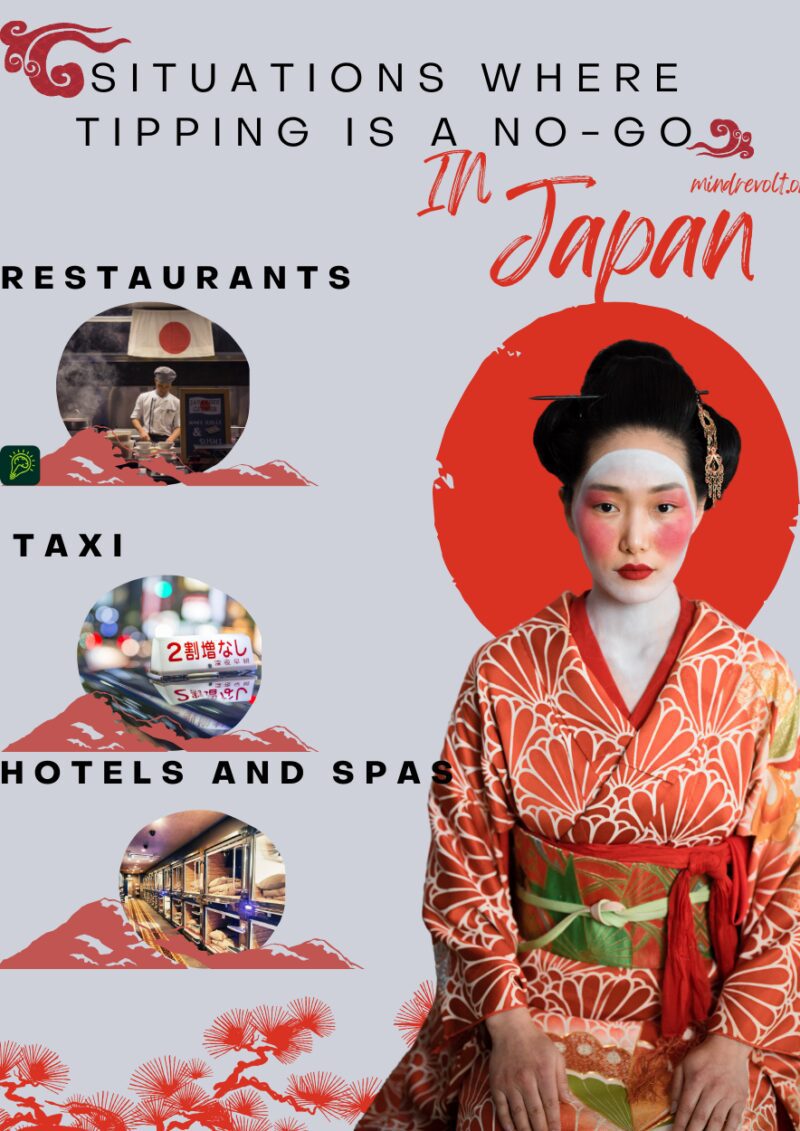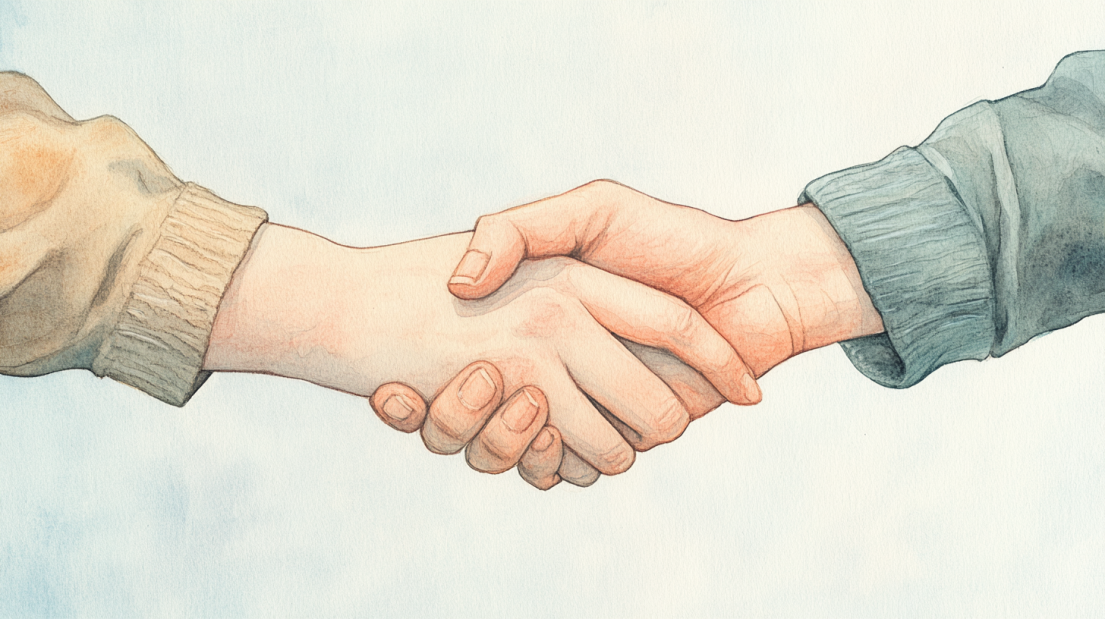
Share Post:
When traveling to a new country, learning about its culture is part of the adventure. I remember my first trip to Japan, walking through bustling streets, admiring serene temples, and, of course, indulging in some of the best food I’ve ever tasted.
But one aspect of Japanese culture caught me off guard: tipping. This caught me completely off guard.
Table of Contents
ToggleWhat’s the Big Deal With Tipping?

At first, this might seem puzzling, especially if you come from a culture where leaving a tip is second nature. But in Japan, tipping can carry a different meaning altogether.
Here, service isn’t something that requires an extra reward. It’s about professionalism, pride, and doing one’s best because that’s what’s expected.
Offering extra money may come across as an implication that the service provided wasn’t already top-notch.
How to react if someone refuses your tip
If your tip is declined, don’t insist. Politely acknowledge their response with a bow or a smile and express your gratitude verbally.
For instance, say, “Thank you very much for your help,” in a warm tone.
Situations Where Tipping Is a No-Go

Let’s talk about where tipping is entirely unnecessary (and potentially insulting).
Restaurants
Imagine finishing an incredible sushi meal and reaching for your wallet to leave a tip. Don’t. The chef’s dedication to preparing that perfect nigiri isn’t driven by hopes of a few extra yen.
Saying thank you as you leave the restaurant is more than enough.
Some places might even chase you down to return the money if you leave it behind!
Taxi
Hailing a taxi in Tokyo can feel futuristic with the automatic doors and uniformed drivers. But tipping? It’s not part of the deal.
Hotels and Spas
Hotel staff, from the concierge to the cleaning crew, usually decline tips. If you feel compelled to show appreciation, leave it discreetly in your room, perhaps tucked inside an envelope.
Never hand money directly to someone, it could create an awkward situation.
Moments When Tipping is Okay (If Done Correctly)

Let’s look at where it might be acceptable and how to handle it gracefully.
Tourist Companies and Private Guides
While tourist companies don’t expect tips, small gestures can be welcomed.
For instance, if you’ve had an unforgettable day with a private guide, presenting a tip in an envelope with both hands and a respectful bow shows cultural awareness.
Staying at a Ryokan
Sieh dir diesen Beitrag auf Instagram an
Ein Beitrag geteilt von Frankie フランキー | Japan Life & Travel (@franklinthewoman)
A ryokan, a traditional Japanese inn, offers a unique and intimate experience.
If the okami (owner) or nakai-san (room attendant) has gone above and beyond, a tip is acceptable.
Place it in an envelope and hand it over with a bow. It’s a sign of respect rather than a mere monetary gesture.
Experiencing Geisha Entertainment
Attending a geisha performance is a rare and treasured experience. Here, tipping becomes part of the ritual.
Always present the tip in an envelope. Direct transactions feel out of place in such a refined setting.
Do tipping rules differ between rural and urban Japan?
Generally, the no-tipping culture is consistent across the country, but in rural areas, people might appreciate small, personal gestures like gifts rather than monetary tips.
How to Tip Correctly in Japan
Cash should never be handed over casually. Instead, place it in an envelope to keep things dignified. Present the envelope with both hands, accompanied by a slight bow. It’s not just about the money, it’s about showing respect.
Note: If you’re caught without an envelope, a clean piece of paper works just as well. Wrap the cash neatly and follow the same presentation etiquette.
Alternative Ways to Show Gratitude
If tipping still feels complicated, there are other ways to express your thanks.
- Small Gifts: A souvenir from your home country can make a big impact. Think chocolates, tea, or a local craft item.
- Kind Words: Don’t underestimate the power of expressing gratitude verbally. A heartfelt “thank you” often means more than money.
- Positive Reviews: In a world driven by online feedback, leaving a glowing review for a guide, restaurant, or hotel can be a meaningful gesture.
Final Thoughts
Traveling through Japan taught me more than just how to use chopsticks properly or navigate a train station.
It showed me a new way of thinking about gratitude and service.
If you’re heading to Japan, let go of the instinct to tip and instead embrace history heritage and the cultural nuances. A smile, a bow, and a genuine “Arigato gozaimasu” will carry you further than a handful of yen ever could.






